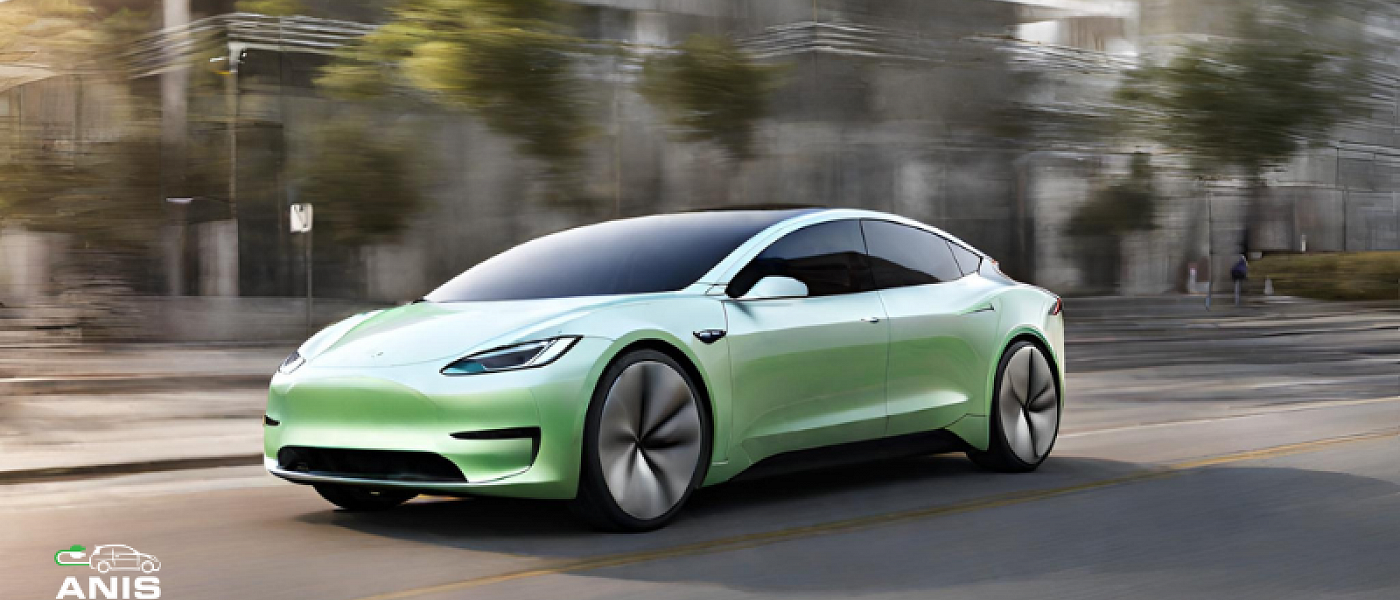
The Electric Revolution: Unveiling the Environmental Impact of Electric Vehicles

- Reduced Greenhouse Gas Emissions: One of the primary advantages of electric vehicles is their significant potential to reduce greenhouse gas emissions. Unlike conventional vehicles that rely on internal combustion engines, EVs operate using electric motors powered by rechargeable batteries. As a result, they produce zero tailpipe emissions, effectively eliminating harmful pollutants such as carbon dioxide (CO2) and nitrogen oxides (NOx). This reduction in emissions contributes to improved air quality and helps combat global warming.
- Transitioning to Clean Energy: While electric vehicles themselves produce zero emissions, it is crucial to consider the source of the electricity used to charge them. If the electricity is generated from fossil fuel-based power plants, the overall environmental benefit of EVs may be diminished. However, the increasing integration of renewable energy sources, such as solar and wind power, into the grid enhances the environmental impact of electric vehicles. By embracing clean energy, EVs can effectively reduce their carbon footprint and offer a more sustainable transportation option.
- Battery Production and Disposal: The production and disposal of EV batteries present environmental challenges that need to be addressed. The extraction and refining of raw materials, such as lithium, cobalt, and nickel, used in battery manufacturing can have adverse environmental impacts. However, ongoing research and innovation in battery technology aim to improve the sustainability of these processes. Additionally, efforts are being made to develop recycling programs to minimize the environmental impact of battery disposal, ensuring a more circular economy for EVs.
- Life Cycle Analysis: To fully understand the environmental impact of electric vehicles, it is essential to consider their entire life cycle. This analysis includes factors such as manufacturing, operation, and end-of-life considerations. While EVs may have higher emissions during the manufacturing phase due to the production of batteries and other components, they tend to offset this impact over their operational lifetime. With advancements in battery technology, longer battery life, and improved energy efficiency, the overall environmental impact of EVs is projected to decrease further.
The adoption of electric vehicles represents a significant step towards a future of sustainable and environment-friendly transportation. Their potential to reduce greenhouse gas emissions, when paired with a transition to clean energy sources, is a crucial factor in combating climate change. While challenges remain, such as battery production and disposal, ongoing research and innovation are paving the way for more sustainable solutions. As the electric revolution continues to evolve, it is essential to recognize and mitigate the environmental impacts, ensuring a greener and cleaner future for generations to come.
Contact us at Anis Electric Cars for more information. We are a trusted electric car dealer in the Philippines and we are ready to serve your electric vehicle requirements.